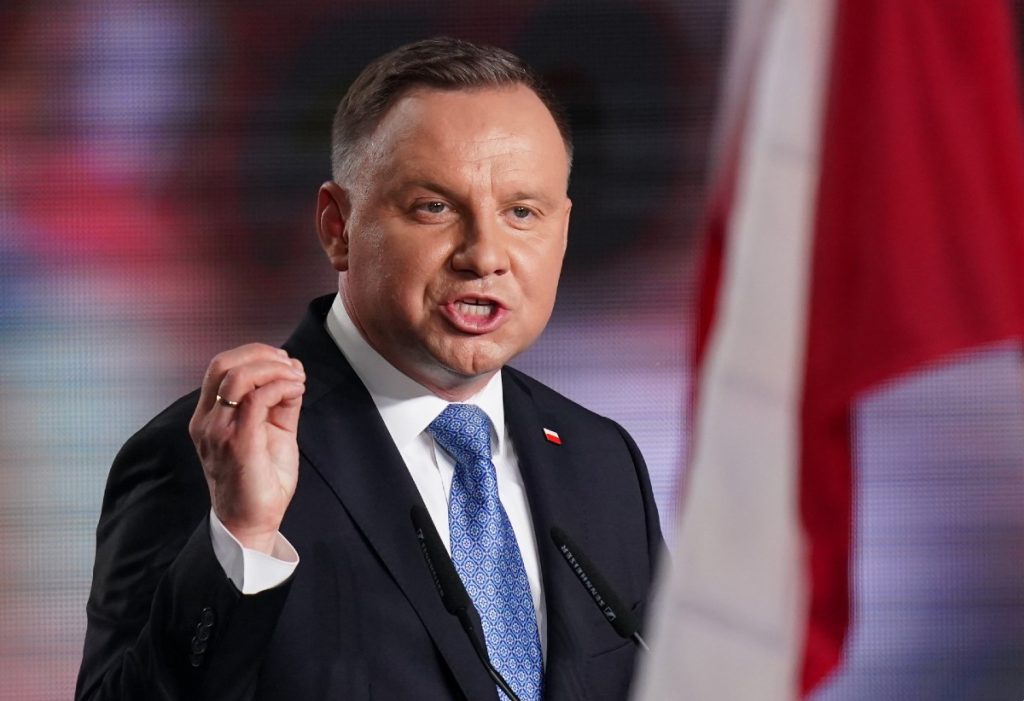A senior official in Poland has warned that the country could be left exposed to Russian attacks after Warsaw announced it would host NATO nuclear weapons on its territory to strengthen the alliance’s Eastern European defenses against Moscow. Polish President Andrzej Duda had previously stated that Warsaw was prepared to host NATO nuclear weapons to bolster the alliance’s eastern flank, a move that was criticized by Russia as being “very dangerous.” However, Polish deputy minister of foreign affairs, Andrzej Szejna, has expressed concerns that such a decision could make Poland more vulnerable to potential Russian missile strikes, urging caution and proper consultation before moving forward with hosting nuclear weapons.
The ongoing conflict in Ukraine has prompted NATO countries in Eastern Europe, close to Russian borders, to increase their military capabilities, despite not possessing nuclear weapons themselves. The U.S., the United Kingdom, and France are among the NATO members that have nuclear weapons, with several European bases hosting U.S. tactical nuclear weapons. Russia, with the largest nuclear arsenal in the world, announced in June 2023 that it had begun transferring tactical nuclear weapons to Belarus, a key ally bordering NATO countries such as Poland and Latvia. Poland has already surpassed NATO’s defense spending target, allocating over two percent of its GDP to the military by 2022 and planning to increase it to four percent this year.
In response to the escalating security threats posed by Russia, Poland has expressed its support for NATO’s efforts to strengthen its nuclear deterrent, including through the “nuclear sharing” program, which involves leveraging nuclear weapons for the collective defense of all alliance members. The Polish Defense Ministry underscored the importance of NATO nuclear deterrence in ensuring the security of Poland and the entire alliance, particularly in light of the growing threats from the Russian Federation, including in the nuclear sphere. Polish leaders have been in discussions with the conservative Law and Justice party, with which President Duda is aligned, about the possibility of hosting NATO nuclear weapons on Polish soil.
President Duda has also invited Prime Minister Donald Tusk to discuss the potential deployment of U.S. nuclear weapons in Poland, further igniting tensions with Russia. In response, Russian Foreign Ministry spokesperson Maria Zakharova warned that any facilities hosting U.S. nuclear weapons on Polish territory would become legitimate targets in the event of a direct military confrontation with NATO. As Poland navigates its role in strengthening NATO’s defenses against Russian aggression, concerns remain about the potential consequences of hosting nuclear weapons and the implications for regional security in Eastern Europe. As the situation continues to evolve, diplomatic efforts and strategic assessments will be crucial in addressing the complex security challenges facing the region.


